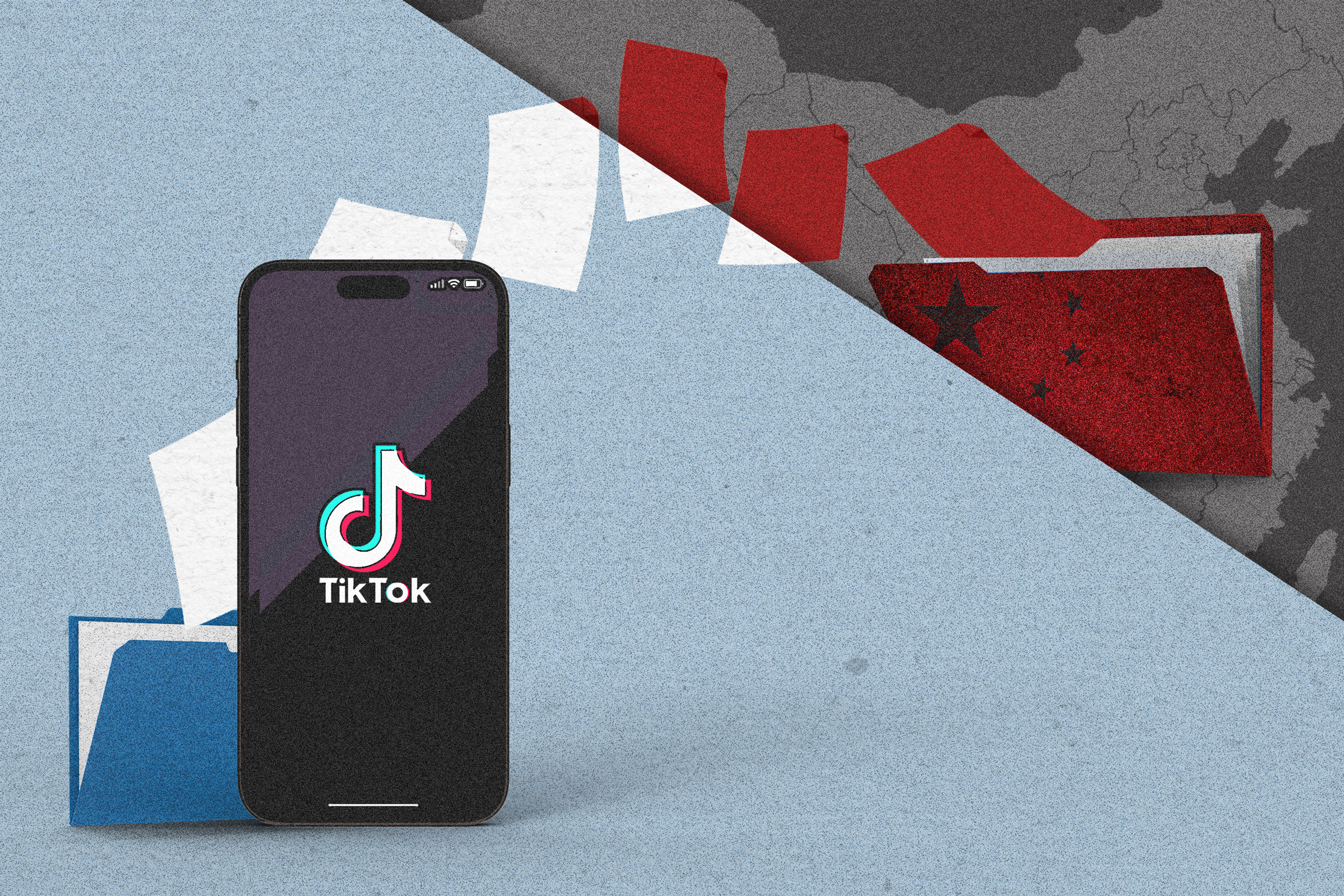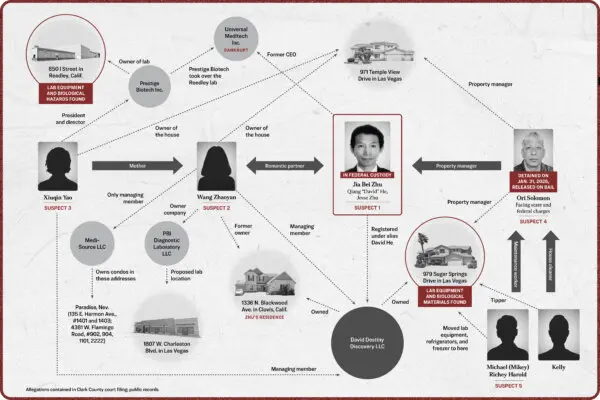News Analysis
Critics of the law that gives TikTok a divest-or-leave ultimatum call it a “ban.” TikTok itself argues that the U.S. government has not provided proof that it is a national security risk warranting such heavy-handed measures. Lawmakers and the U.S. Intelligence Community argue that the app poses a grave threat to national security if it remains in the hands of the Chinese communist regime.










